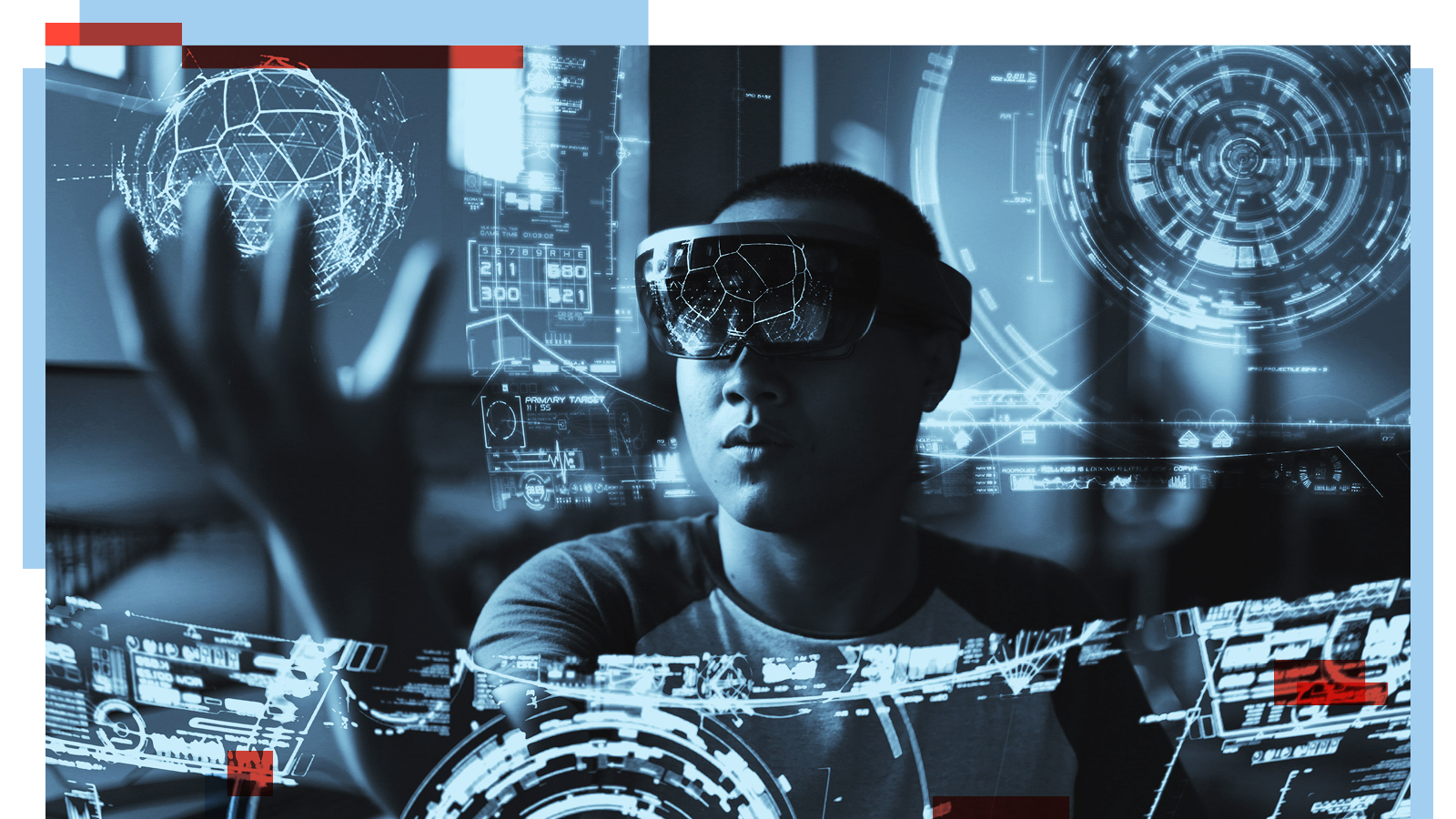Learning culture nourishes learning ecosystems
Why learning ecosystems need more time and room
When employees are looking for suitable learning resources, they can often choose from a wide range of contents and formats. This can often make finding learning content that meets the specific requirements time-consuming and inefficient.
Technology can solve this issue. A learning ecosystem links several learning platforms and presents the formats and contents clearly in an integrated LMS.
Many organisations already utilise learning ecosystems, especially larger companies. A learning management system (LMS) often serves as the foundation. This becomes an ecosystem with the integration of additional platforms and tools, such that both internal and external sources feed into search results.
But what good does a solution based on the most advanced technology do, if it is not well received by the learners? User acceptance relies on a corporate or organisational learning culture that is fit for the future.

“In future, personal and professional development will go hand in hand”
It is not the addition of content that makes a learning ecosystem grow, but its expansion through tools and systems. Fundamentally, that means opening up the LMS, LMS integration, and linking external platforms with external content to create a basis for the development of an ecosystem. Yet, that takes courage!
What happens when companies take the leap and hand over control of their learning system? “Responsibility is transferred to the employees,” says Sven R. Becker, Member of the imc Executive Board. “Thus far, the senior management typically dictates corporate learning, which gives it a regulatory character. Yet, experience shows that the company’s success depends on how much learners are involved. A learning culture transformation has to start with the workforce and grow from there. That requires a mindset shift but should be the clear goal.”

Customised learning paths can be a solution when implementing this, as they help to address personal requirements in a more targeted manner: “In future, personal and professional development will go hand in hand. Different learning systems and achievements must be recorded and stored automatically,” says Andreas Pohl, Director Research and Development at imc. “That facilitates the creation of tailored, custom learner profiles which enable learning across the boundaries of a specific organisation.”
Acceptance and motivation are the first step
“No appointments today – I’m learning.” Is it possible to write that without earning funny looks? Making it possible is a key task for modern companies. Learning and professional development must lose the “necessary evil” or “seminar as a benefit” labels and be anchored as a vital component of corporate culture. One option is to specify professional

Good content can boost the motivation to actually use a learning ecosystem. Sven R. Becker explains: “One trend that is clearly set to stay is gamification. Yet, that alone is no longer enough to win over the new generation of talents. Engaging activities and formats are needed. Getting the mix right is important. A good, blended learning experience is marked by variety – it offers something different. Great stories are remembered and motivate the learner to continue.”
Employees need time and room for creativity to leverage a learning ecosystem
Companies like Microsoft already utilise learning days, learning time, and learning sabbaticals – with great effect. Similarly, the appointment of learning ambassadors has proven successful for several customers of ours. In the automotive sector, some companies have transformation guides who are trusted by their colleagues, putting them in a position to help create awareness for professional development.

Sven R. Becker firmly believes that the strongest ambassador for any measure is the person most critical of it: “If you succeed in changing the view of the strongest opponent, you gain the greatest multiplicator in the company.” Several imc customers have achieved great successes with the learning ambassador model, says Becker.
Learning that is independent of location and time constraints also makes it easier to access the system. That is why it should be equally available from mobile devices and from the workplace.
User generated content – Quick and easy, from creation to publication
An ecosystem (LMS integration) keeps growing continuously. Authoring tools are a great option for adding content and knowledge straight from the in-house expertise, as they allow any user to share their know-how.
This turns the learner into a purveyor of knowledge. In that role, they assume responsibility within the system – which will also boost their own motivation.

The technology already provides for this. All that is left to do is to get the learners’ buy in. While that may seem like a monumental task, these initial key steps will get your company on the right track:
- Take the leap and expand your learning ecosystem
- Create acceptance for professional development
- Create a great learning experience with motivating content
- Offer time for learning
- Enable employees to help shape the learning experience
- Not trying is the biggest mistake you can make!

Learning Ecosystems: A Universe of Learning
If you want to use a learning ecosystem successfully in corporate learning, the technical requirements must be right. Time to shed light on what systems have to fulfil in order to be able to meaningfully map a genuine learning ecosystem.

Future of Work: Interview with Çiğdem Uzunoğlu
Competence transfer thanks to digital games? It's possible! In an interview with Çiğdem Uzunoğlu, we explain how computer games and continuing education fit together and how they can be used effectively.

Contact person
I joined the imc newsroom team in 2021. As a journalist my heart beats for content and storytelling.
I’m excited to figure out how e-learing and digitization affect the future of work.
My task is to create content to talk about and I’m always looking for trends.
Privately I love to travel and eat Tapas.
Topics: E-Learning Trends, Corporate Social Responsibility, Press and Influencer Relations, New Work
